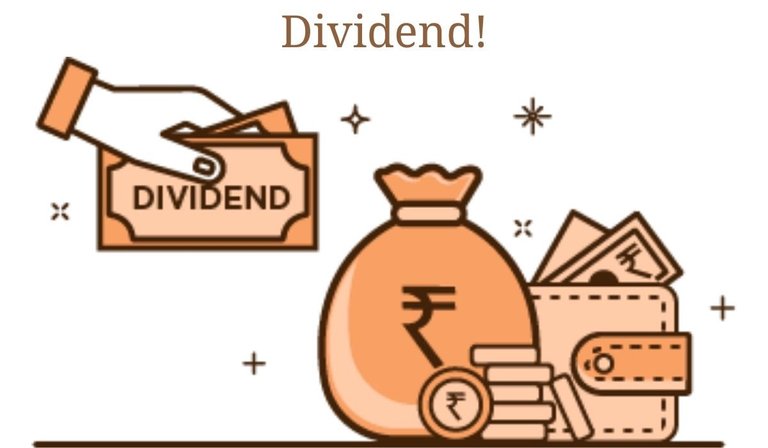In the presentation by Dr. Trost, he discusses his ideas about Universal Basic Dividend (UBD). I have not heard of the subject in the past, but it is a very interesting concept. From the description given in the presentation, it makes sense for me that everyone should be able to agree with the idea of a UBD system as long as everyone has sympathy for those people that made a wrong choice in life and unjustly suffer. In the presentation, Dr. Trost describes some political ideologies most I can agree are accurate. I consider myself to be conservative, but I find it interesting that Dr. Trost suspects that his plan for a UBD is not favorable to socialism. Even though his description is accurate to the definition of the word socialism, the word seems to have different meanings depending on who you ask. When asking someone technically, socialism seeks to control means of production through the federal government, but when you ask a casual person, socialism seeks to solve social issues through government controls. Although these two descriptions do sound similar, they do have two different meanings. I think the casual socialist would think UBD would be good, where a more accurate socialist would find it incomplete.
In the presentation, Dr. Trost also stated that families of four would have negative tax rates if they earned less than $144,000.00 and then he states later that there is a flat tax rate of 25%. My assumption is that the real tax rate is 25% and the families of four receive extra money if they earn below $144,000.00 annually. I can understand the extra compensation for families, especially from my experience in my large family. Although I did not manage the money for the family, I did see how fast our food was used up and needed replenishing, which was quite often in a family of eight.
Dr. Trost later compares Alaska to Venezuela with regards to their oil production. I found it interesting that Alaska sets a tax on their oil and uses that money specifically to fund the population. Yet, Alaska still has a large oil production even from the tax burden. I am curious if this system would work well in Oklahoma, or if it would move too much of the oil production to places like Texas. My opinion would be that many Oklahomans would like the dividends from oil, but I find it difficult to believe that the state legislature would approve of a burden as such on oil production.
